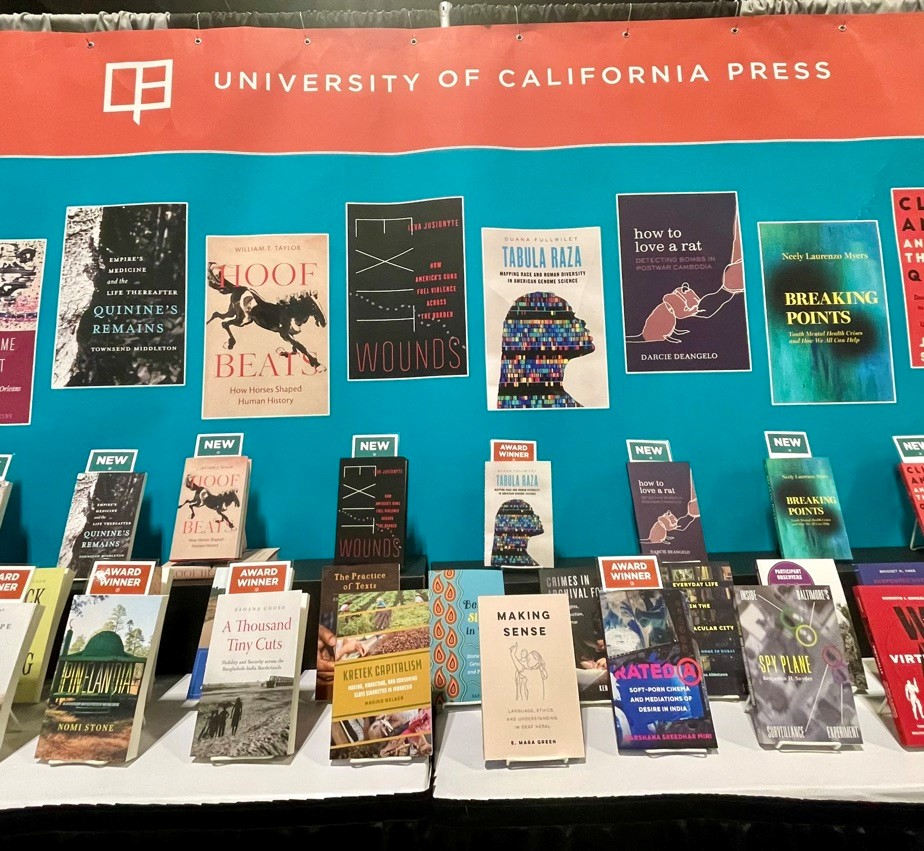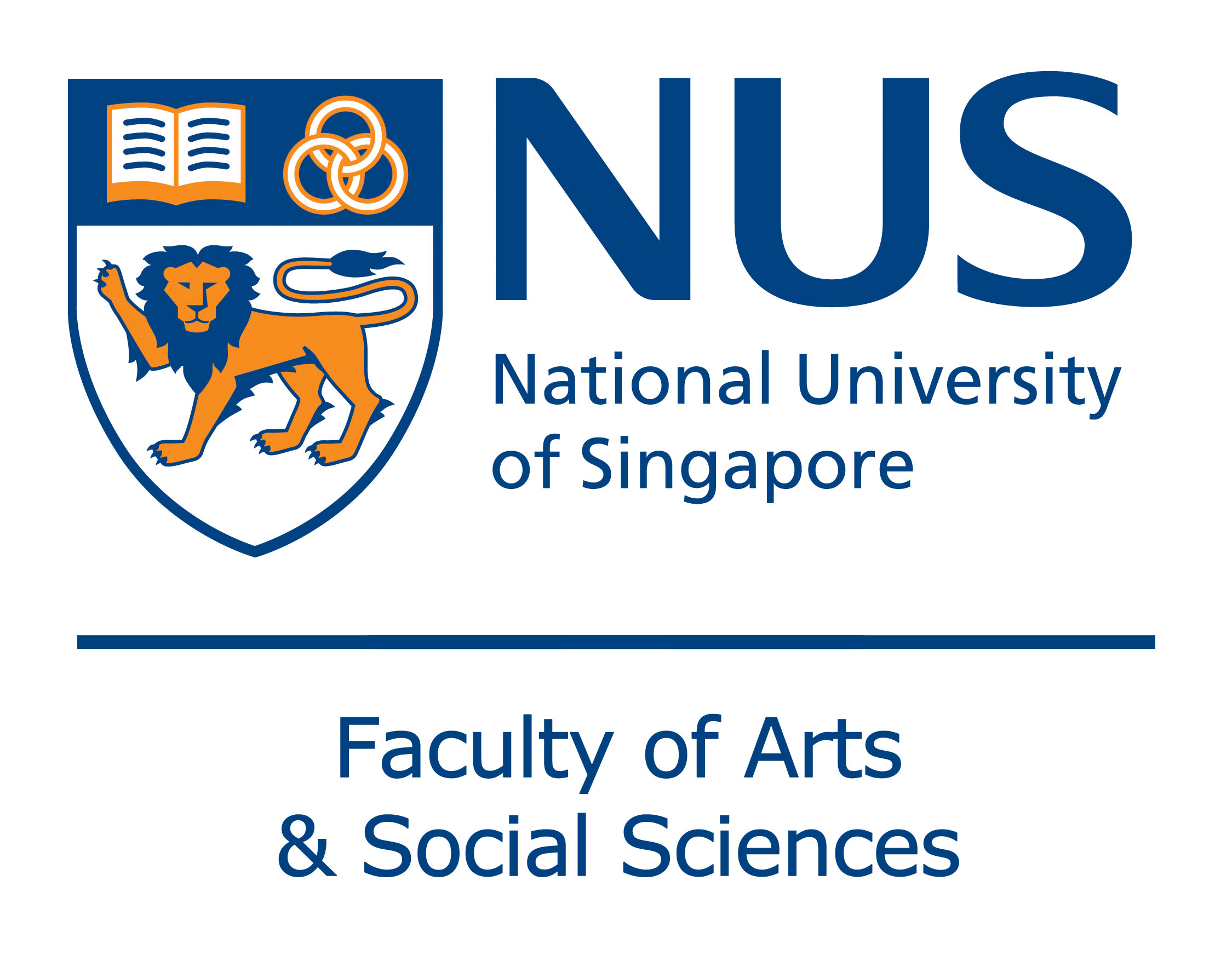Congratulations to NUS Sociology and Anthropology’s Dr Sahana Ghosh for winning the American Anthropological Association’s Association for Political & Legal Anthropology (APLA) Critical Ethnography Book Prize, Honourable Mention! Dr Ghosh received the award, which was announced in November 2024 at the APLA’s virtual ceremony at the American Anthropological Association’s annual meeting in Tampa, Florida for her 2023 book, A Thousand Tiny Cuts: Mobility and Security across the Bangladesh-India Borderlands (University of California Press), which draws on a decade of fieldwork in northern Bangladesh and eastern India to illustrate the slow transformation of a connected region into national borderlands, revealing the foundational place of gender and sexuality in the making and management of threat in relation to mobility. Founded in 1902, the American Anthropological Association is the world’s largest scholarly and professional organization of anthropologists.
A Thousand Tiny Cuts is Dr Ghosh’s first book. She received her PhD in Sociocultural Anthropology and Women’s, Gender, and Sexuality Studies from Yale University, and prior to joining NUS was a Postdoctoral Fellow at the Harvard Academy for International and Area Studies, Harvard University, and at the Watson Institute, Brown University. Dr Ghosh has published research and photo essays in American Anthropologist; Current Anthropology; Comparative Studies of South Asia, Africa, and the Middle East; Economic and Political Weekly; and Gender, Place and Culture, among others, and also contributes podcasts and opinion-editorial pieces. She is currently finishing up a joint research project with Cornell University titled ‘A Home in the Hills: Land, Family, and Futures in the Eastern Himalayas’, where, together with Associate Professor Sarah Berksy, she carried out ethnographic fieldwork in Kalimpong and Darjeeling in order to investigate agrarian transitions in the eastern Himalayas through family histories. We wish her the best in her future research!
 |
 |


You must be logged in to post a comment.